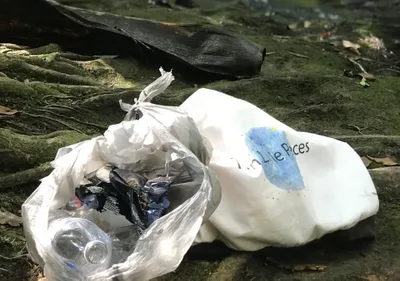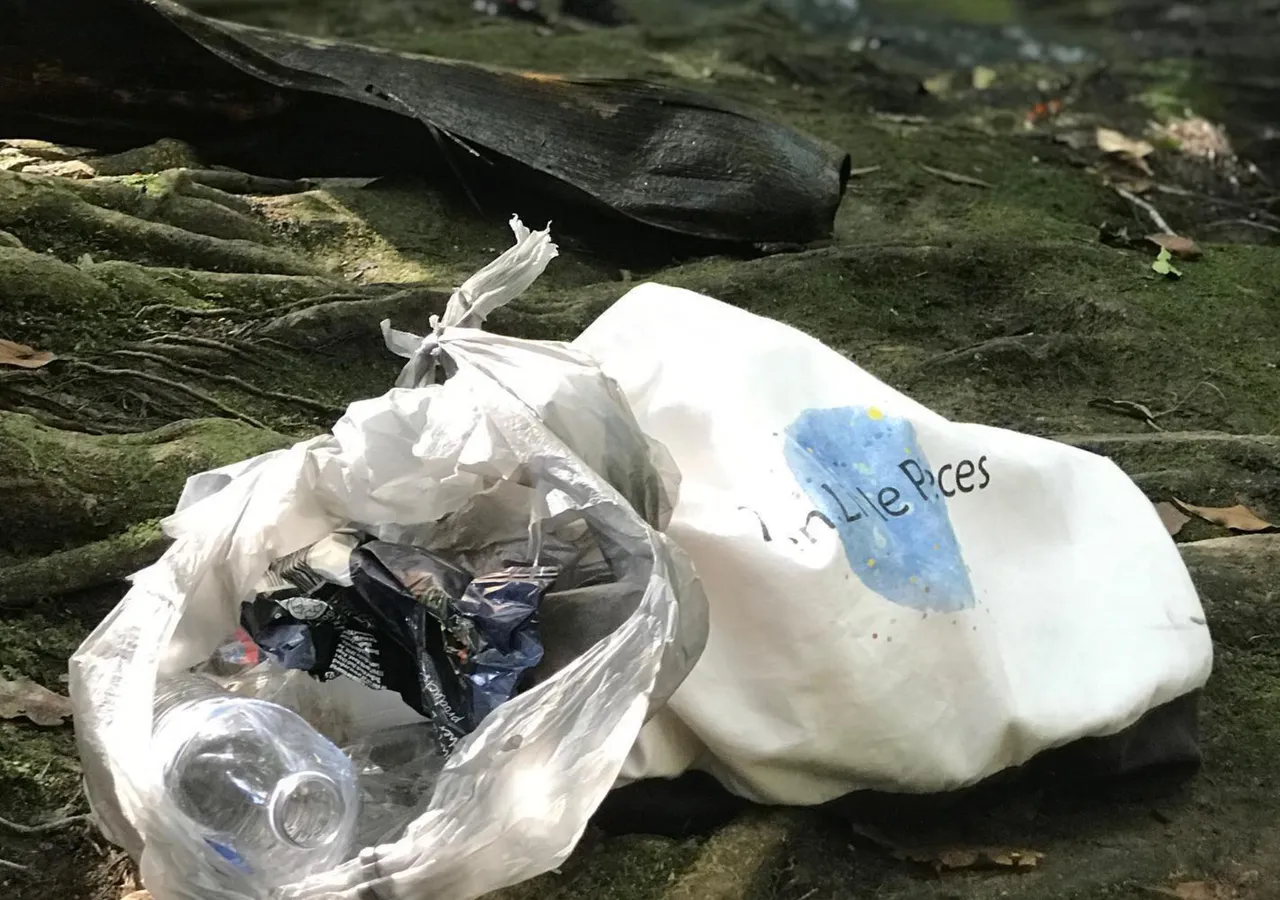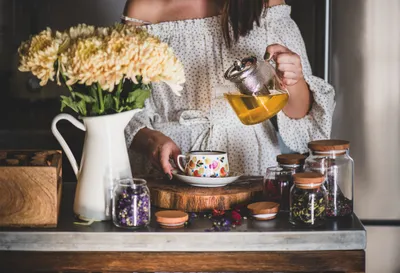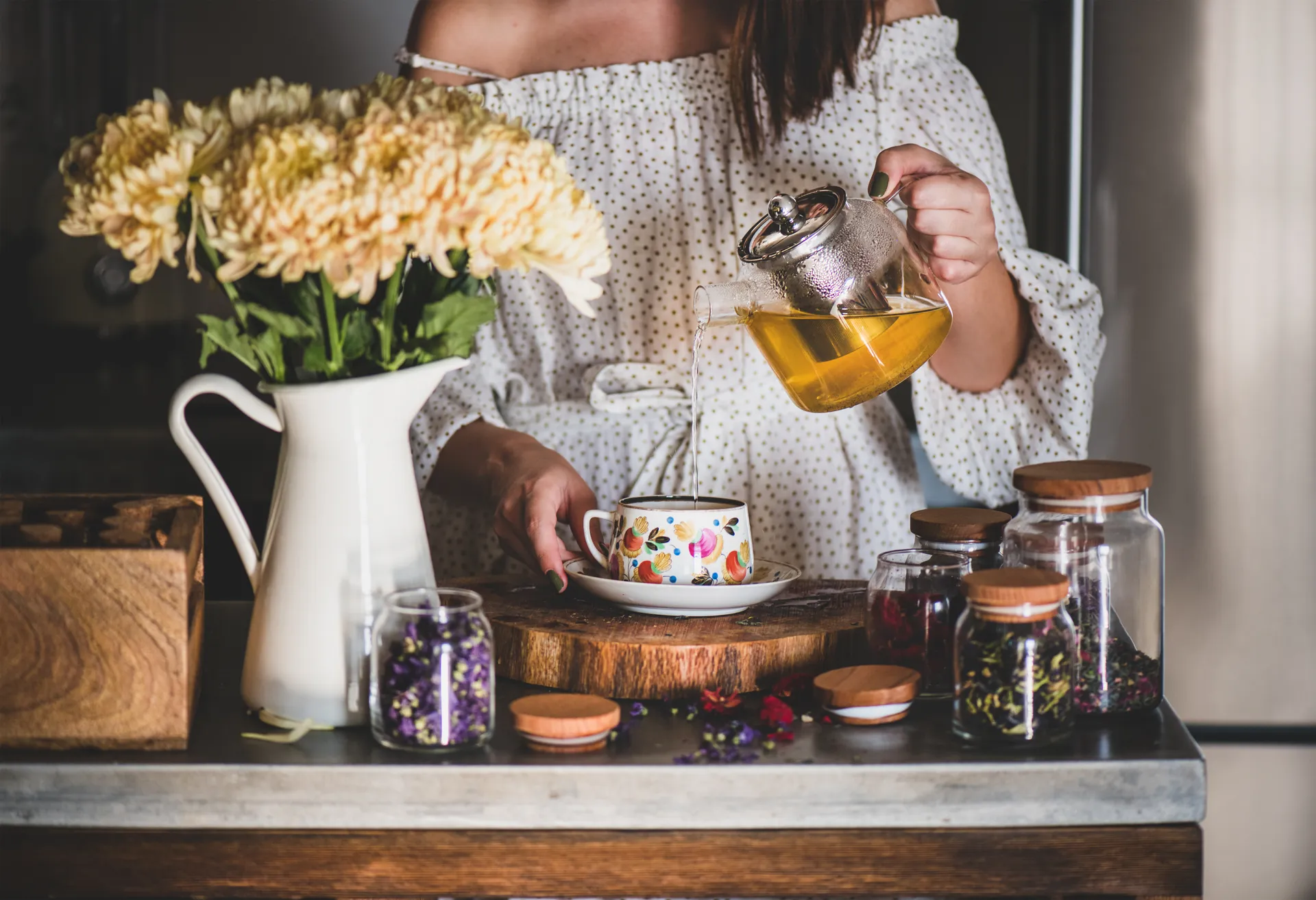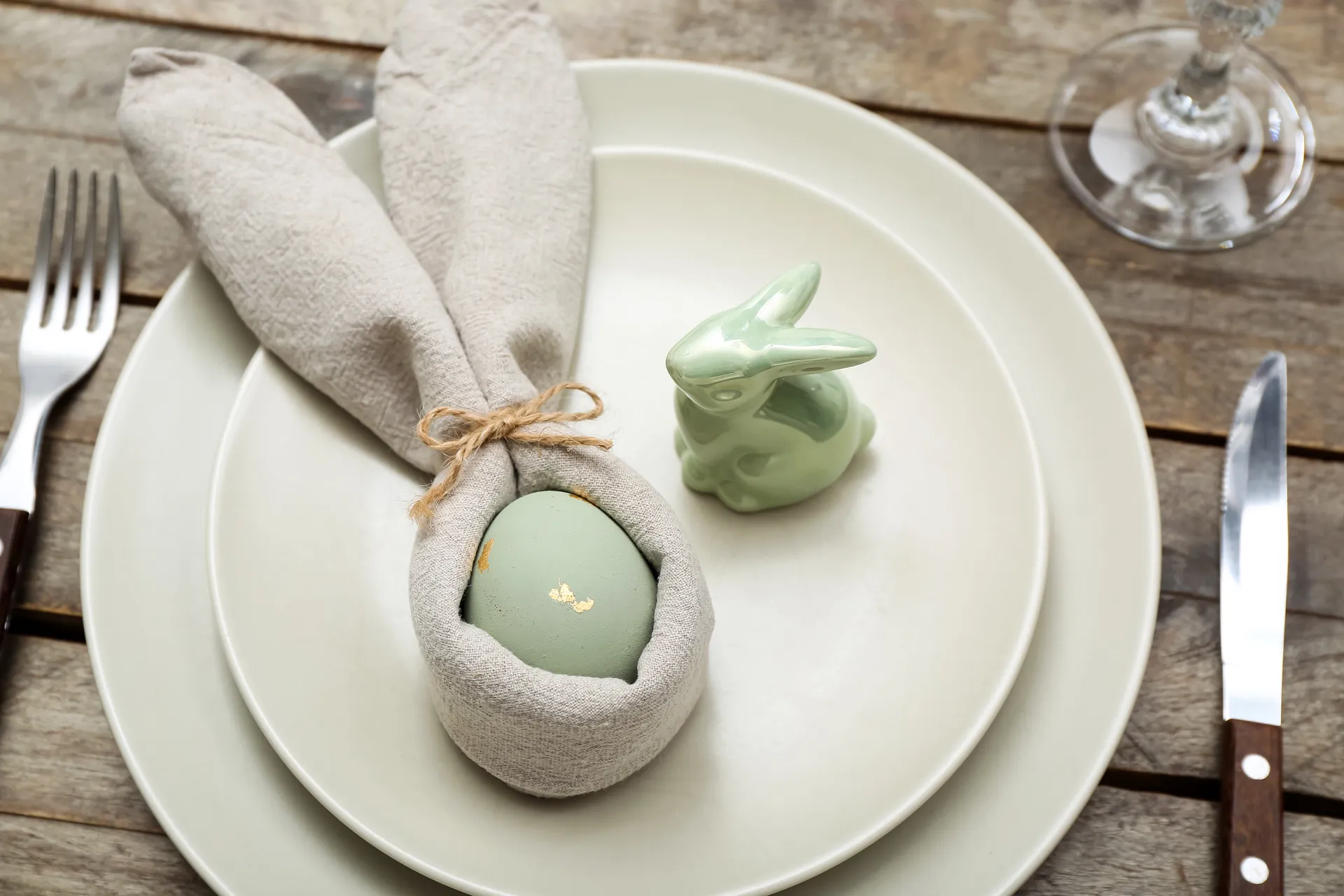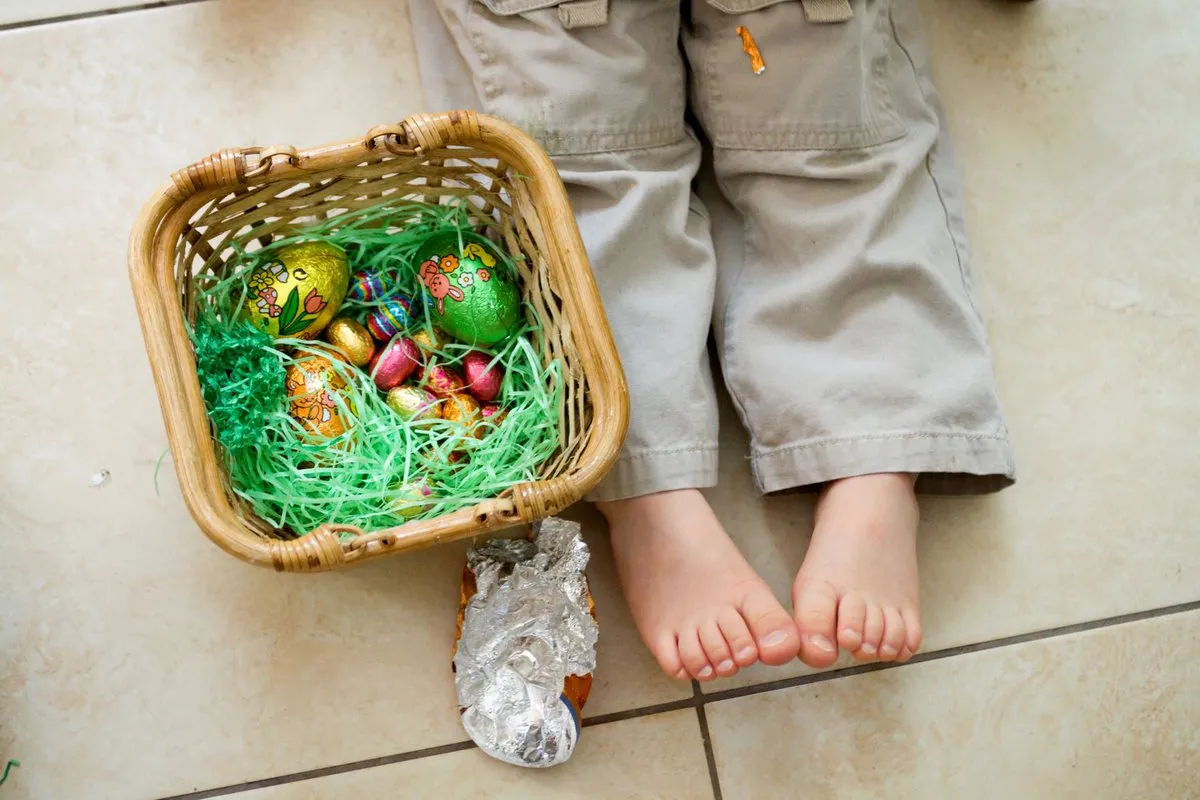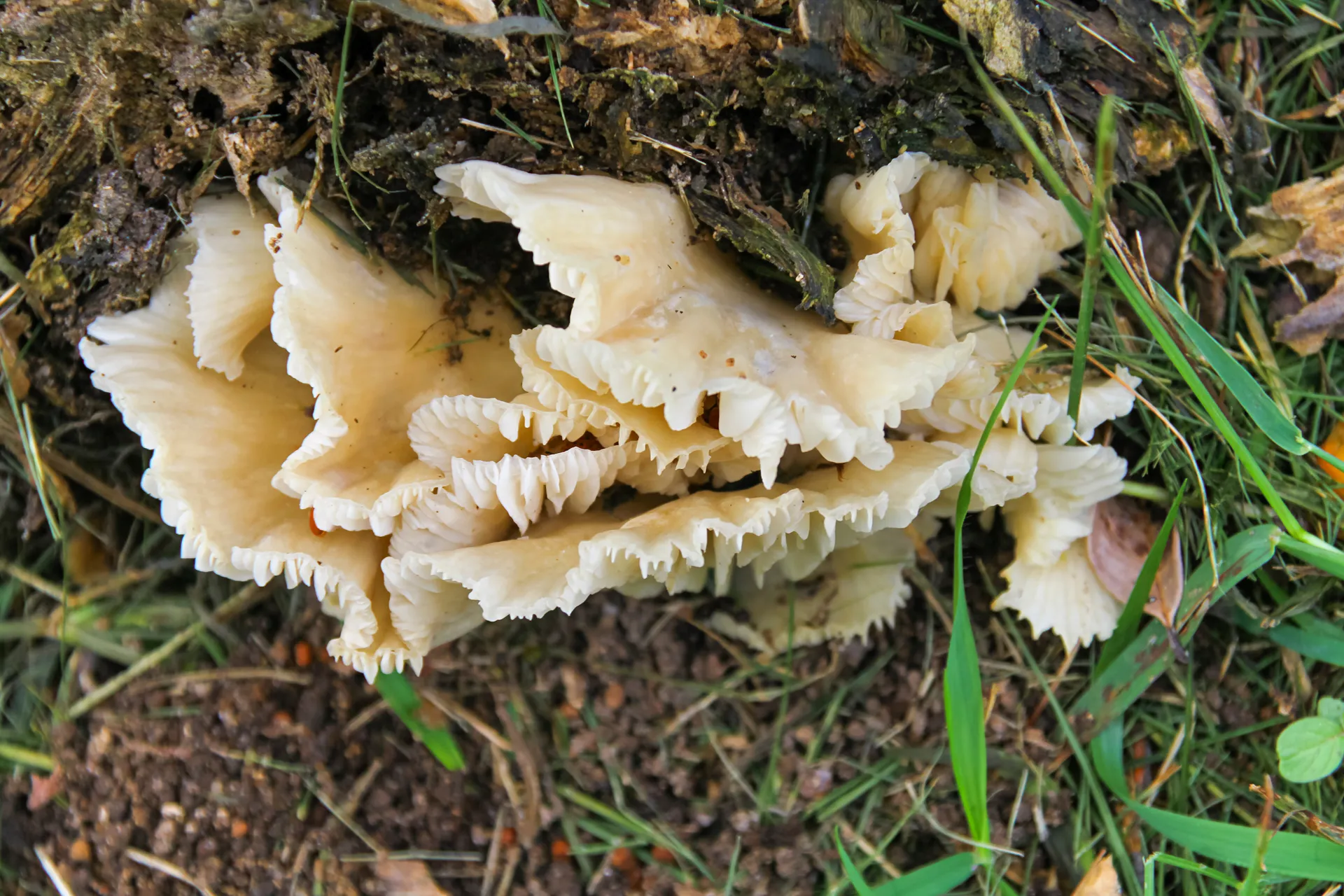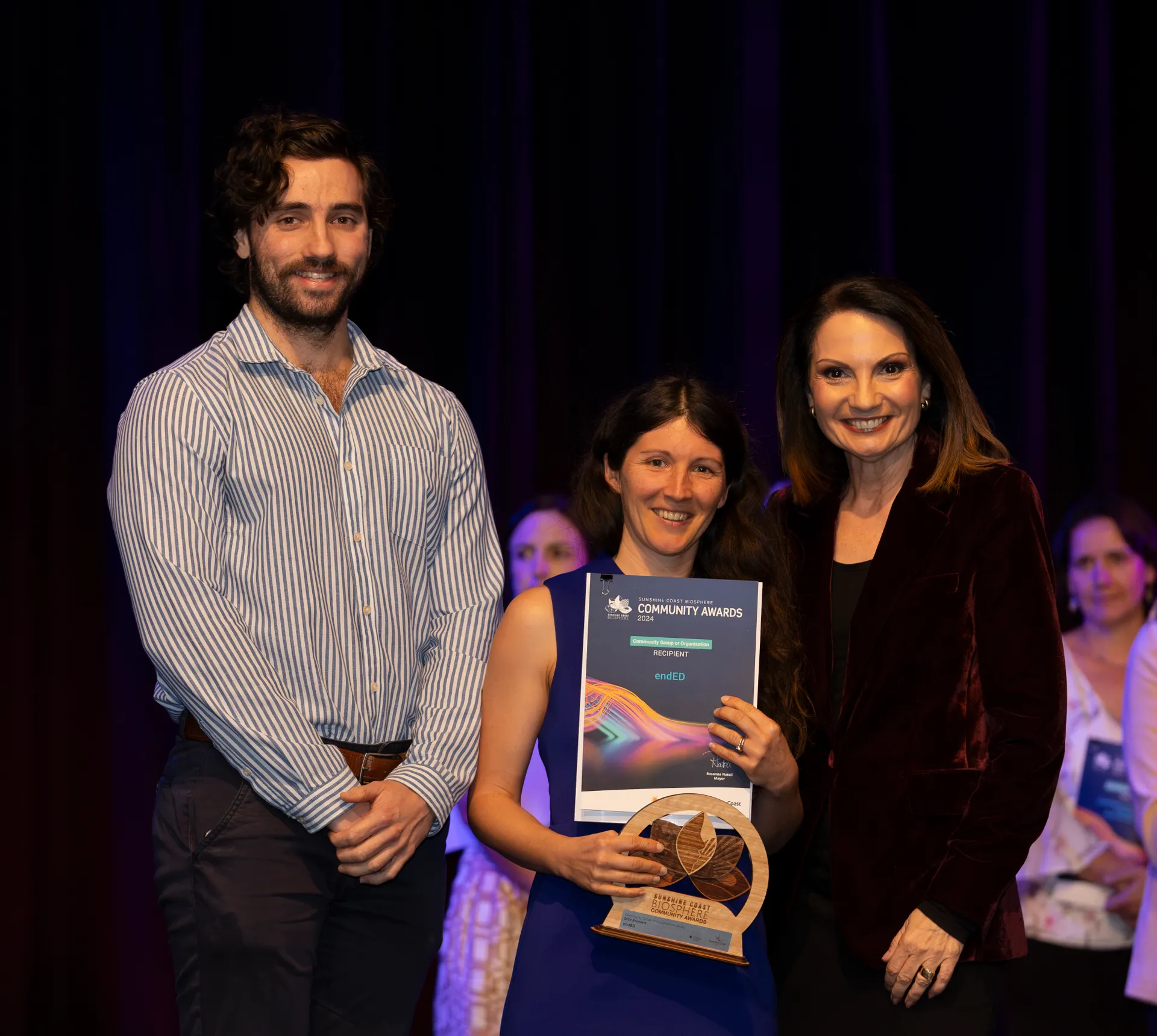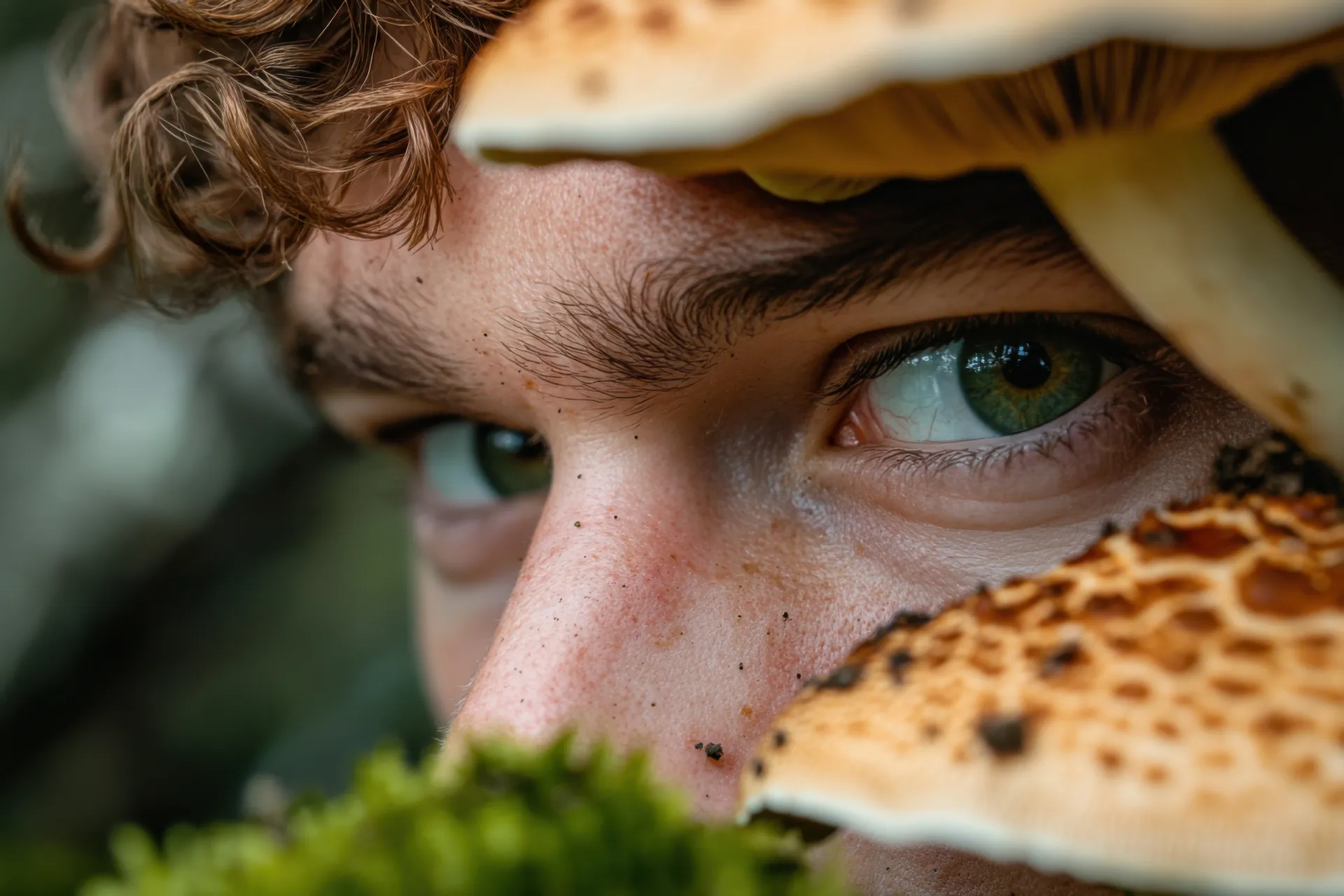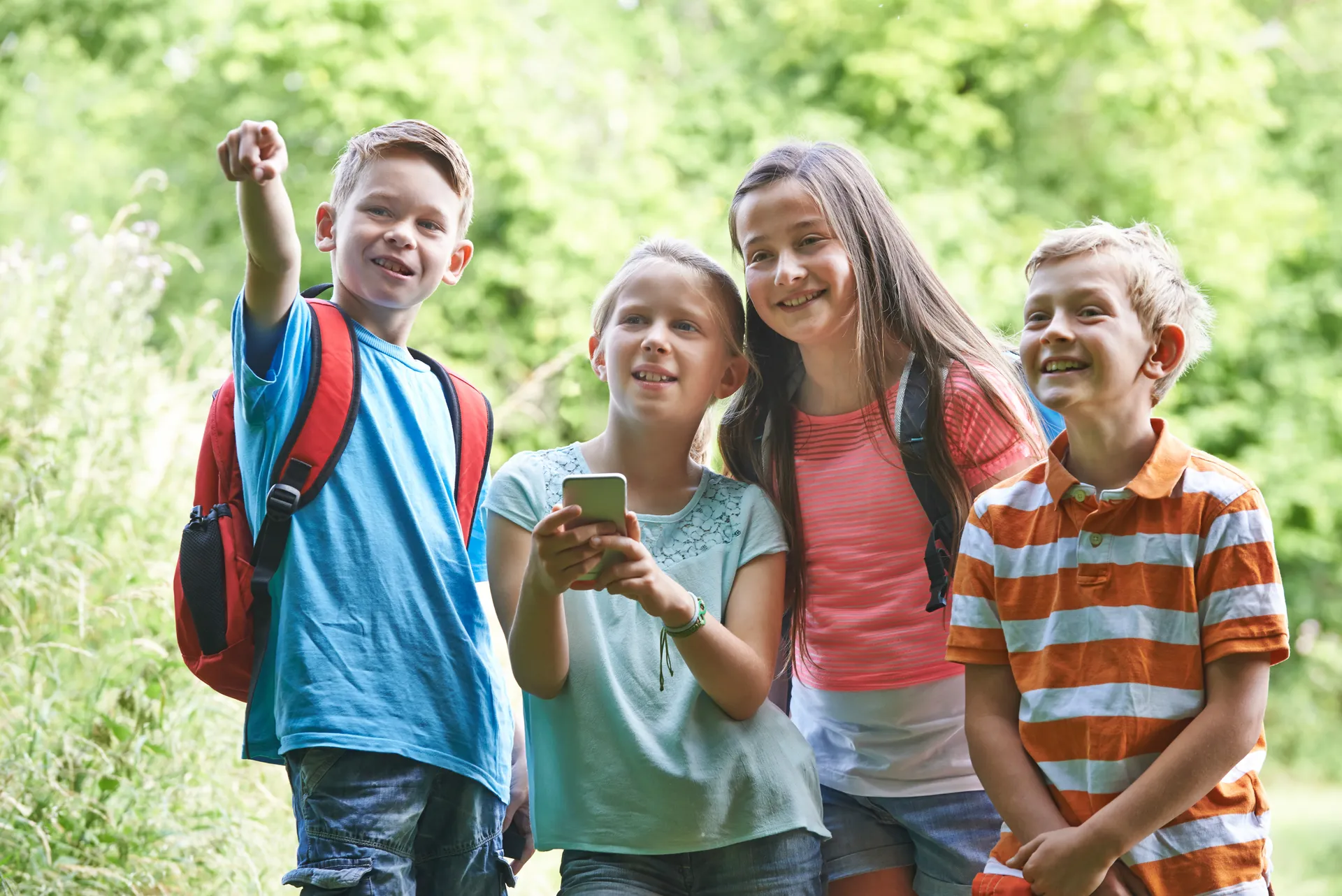Amy’s zero waste mission
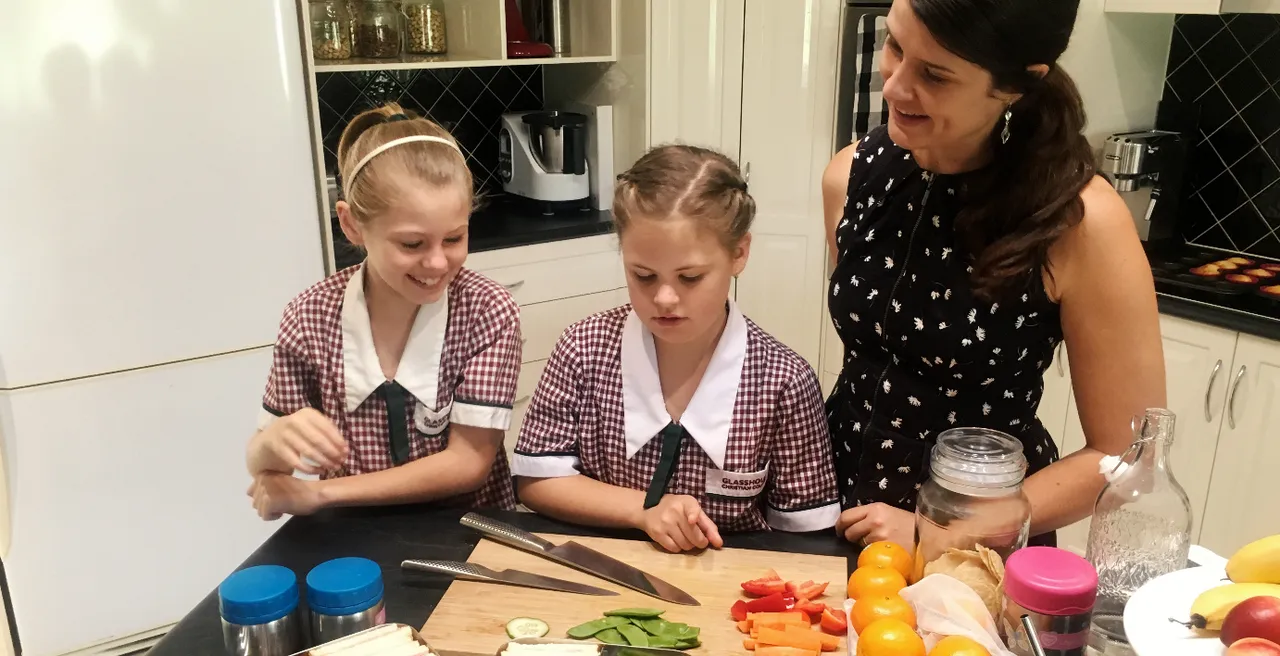
One of our favourite Living Smart stories on Amy Handy from a wee while back - simply full of great advice that’s perfect for sharing during Plastic Free July. Amy Handy is on a mission: to reduce her personal footprint on the earth. The mother of three has spent the past the past five years working towards a zero waste household.
After reading Bea Johnson's book Zero Waste Home Amy was determined to reduce the amount of landfill her family generated with a focus on plastic use.
Plastic was singled out because of its toxic composition; the chemicals it leaches into our bodies and the environment; and because there is a limit to how many times plastic can be recycled.
Such a mammoth task is sure to bring "victories" and "failures" as Amy calls them but she's adapted to celebrate the successes - like finding eco-friendly replacements for disposable items, and learn from the disappointments - such as when a café staff member unwittingly pops a straw into her drink.
"Through failure, I've learnt to always have a back-up plan. If my intention is to get take away coffee in a keep cup but I forget the cup, my back-up plan is to sit in and drink from the crockery supplied," she said.
One room at a time — the kitchen
'Baby steps' best describes Amy's approach to change. She knows first-hand that it takes time to find alternatives and modify habits. So, she decided to tackle a room at a time, starting with the kitchen.
Amy speaks with fervent delight about her simple home composting system. Food scraps are placed in a stainless steel bowl in the kitchen and conveyed to a backyard compost bin, converting a huge portion of food waste (and paper) into compost for the family vegetable garden.
In addition to utilising the standard Council recycling bin, a separate bin for recycling "scrunchable" soft plastics (which cannot be placed in kerbside recycling bins) takes care of any unavoidable plastic bags or packaging. These are returned to the local supermarket for recycling through the REDcycle program.
Using "green" (reusable) shopping bags for groceries is one of the easiest ways to cut down on plastic use. However, despite the Queensland Government's ban on plastic bags, she says small plastic bags used to pack fruit and vegetables remain a concern.
"Some people don't like placing fruit and vegetables straight into a trolley for hygiene reasons so they package items in bags supplied by the supermarket. I recommend taking your own cloth bags and putting your veggies in those, or asking for a box," Amy said.
Amy's tips for reducing plastic use in the kitchen:
- Use cloth bags (such as Boomerang Bags) or cardboard boxes for fruit and vegetables
- Avoid single portions of foods such as butter and jam
- Buy food such as cereals and pasta in recyclable cardboard boxes or paper instead of plastic
- Use damp cotton tea towels to cover food instead of plastic wrap
- Have a stainless steel kettle instead of a plastic one
- Store leftovers and pantry items in glass containers
- Buy in bulk from bulk food stores or supermarket bulk containers
- Freeze food in glass instead of plastic containers or bags
- Buy stainless steel bento lunch boxes
The laundry, bathroom, and office
Amy has achieved an almost plastic-free zone in the laundry. Soap is made by grating castile soap and mixing it with water, and galvanised buckets are used instead of plastic.
The bathroom is proving to be challenging with many everyday bathroom products not available in plastic-free packaging. Plastic toothbrushes and hairbrushes have been replaced with bamboo versions purchased online, an easy first step for people wanting to reduce plastic in the home.
In the office, avoiding plastic markets and highlighters has made way for pencil highlighters and watercolour pencils. Glue and playdough are both made at home, and natural fibre options are chosen for craft activities calling for string or fabric.
Eating out
Amy is using interactions with café and restaurant staff to help bring about change in the way they perceive waste. Where resistance is encountered, she embraces the opportunity to talk about the impact of plastic on sea life or ask if the person has seen the movie Plastic Ocean (on Netflix if you have it).
"Five years ago, everyone thought I was crazy," she says. "People are definitely more aware now, especially after the War on Waste appeared on TV. A lot of people don't think twice about packaging your takeaway food in plastic containers but when you have a conversation and give them an alternative such as glass containers, they are usually happy to accommodate."
Boost Juice rejected Amy several times when she took her own mason jar to their stores for her juice. Through the power of Twitter, Amy messaged their CEO Janine Allis directly. Janine's response? "Of course you can." That powerful tweet was then shown to staff instore and Amy has used her own Mason jar for Boost Juice ever since.
Amy's tips for reducing plastic when eating out:
- Take your own glass containers when ordering take away
- Refuse to use straws
- If you're getting fresh juice to go, take your own reusable container such as a mason jar
- Always use a keep cup for takeaway coffee or tea
Getting started: Amy's top 5
If you're keen to take on the challenge to reduce your waste footprint, Amy suggests starting with one thing and making it habitual before moving onto the next. Here are five easy plastic-free choices so that you can make today:
- Buy a bamboo toothbrush
- Purchase a keep cup and ensure it is always with you
- Set up a compost bin for kitchen scraps
- Refuse straws
- Use boxes or cloth bags instead of fruit and vegetable bags at the supermarket
"Making change is all about doing your research and being more thoughtful about new purchases," Amy says. "I don't want my personal actions to have detrimental effects on future generations. If I can say no to a straw and drink out of a glass, why wouldn't I do that?"
